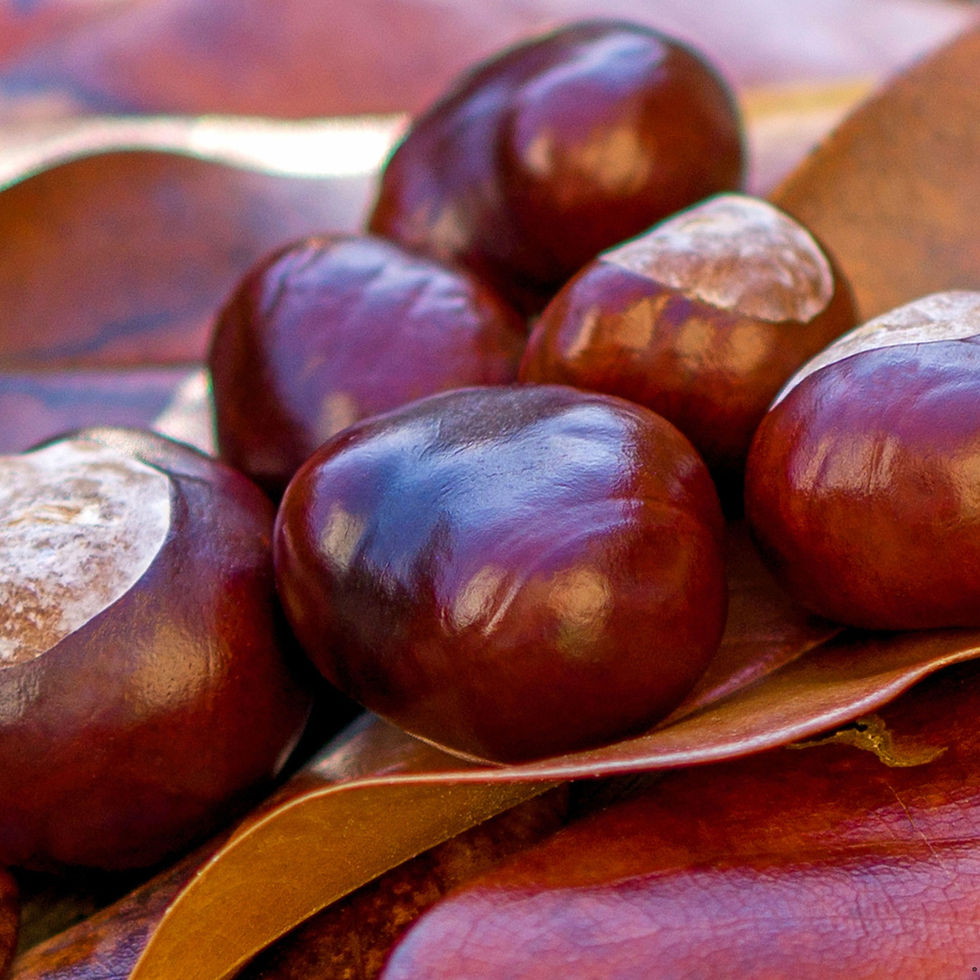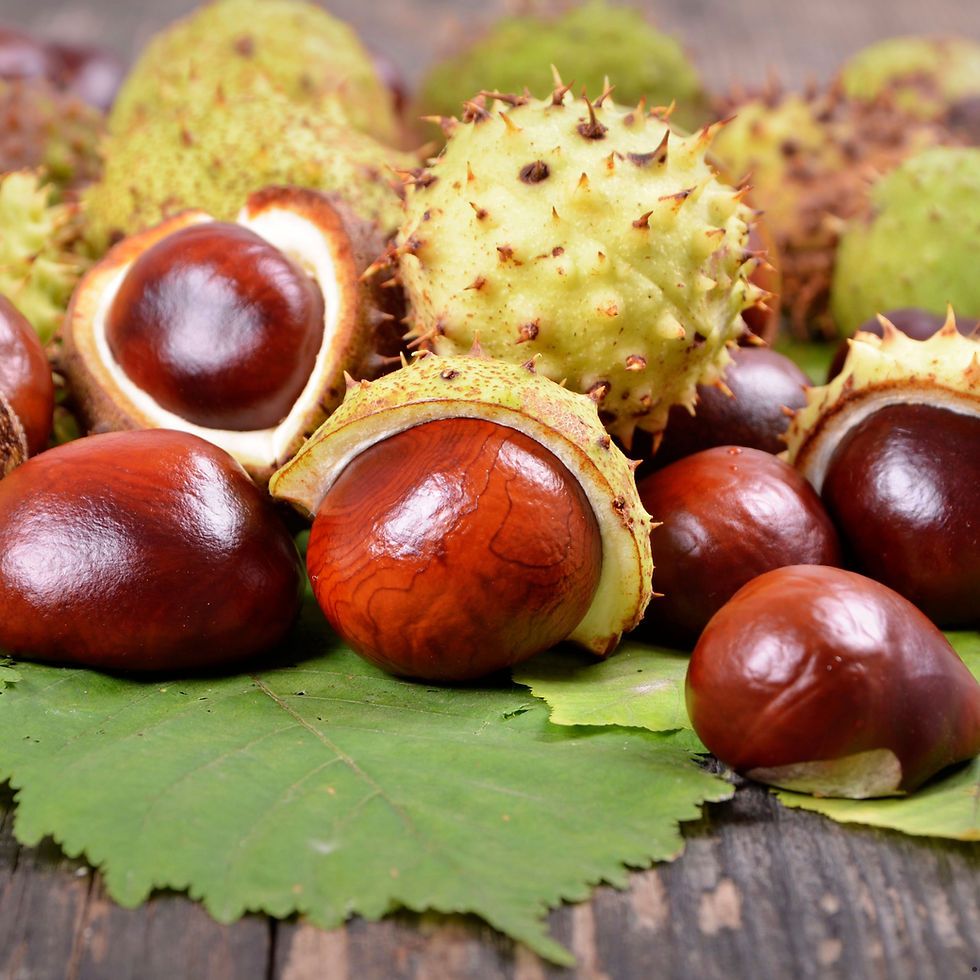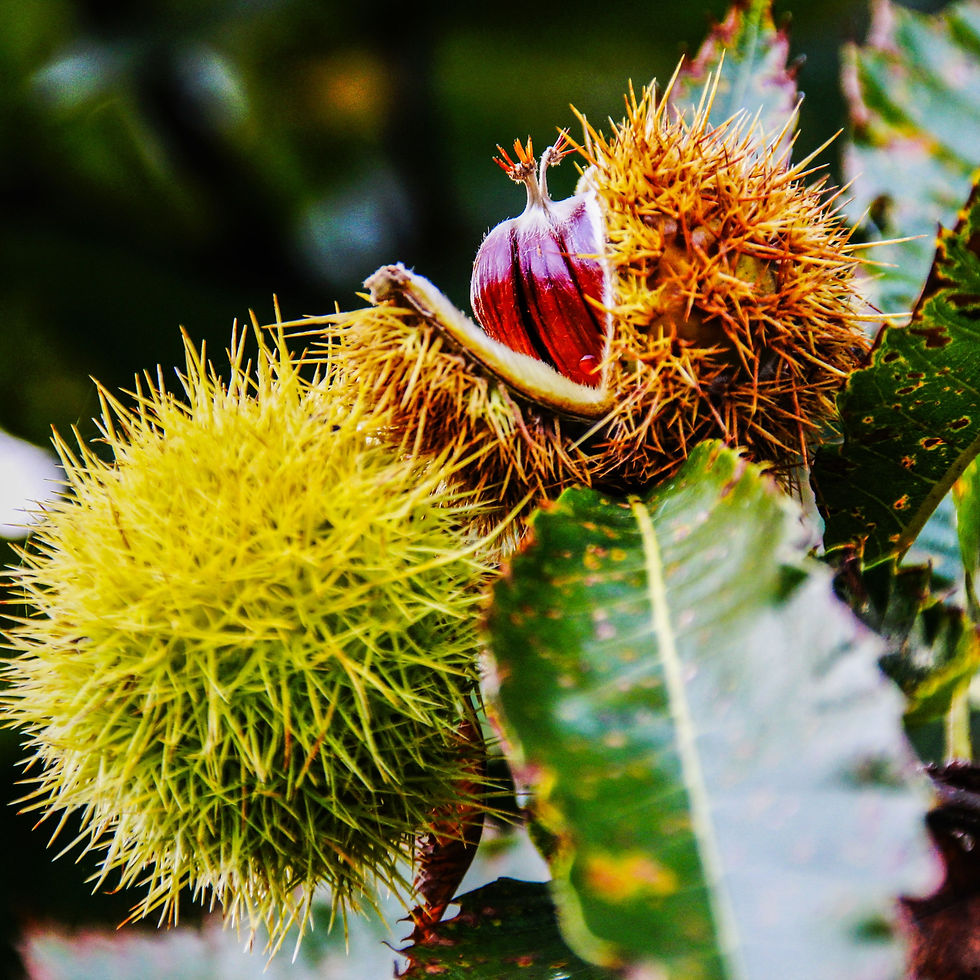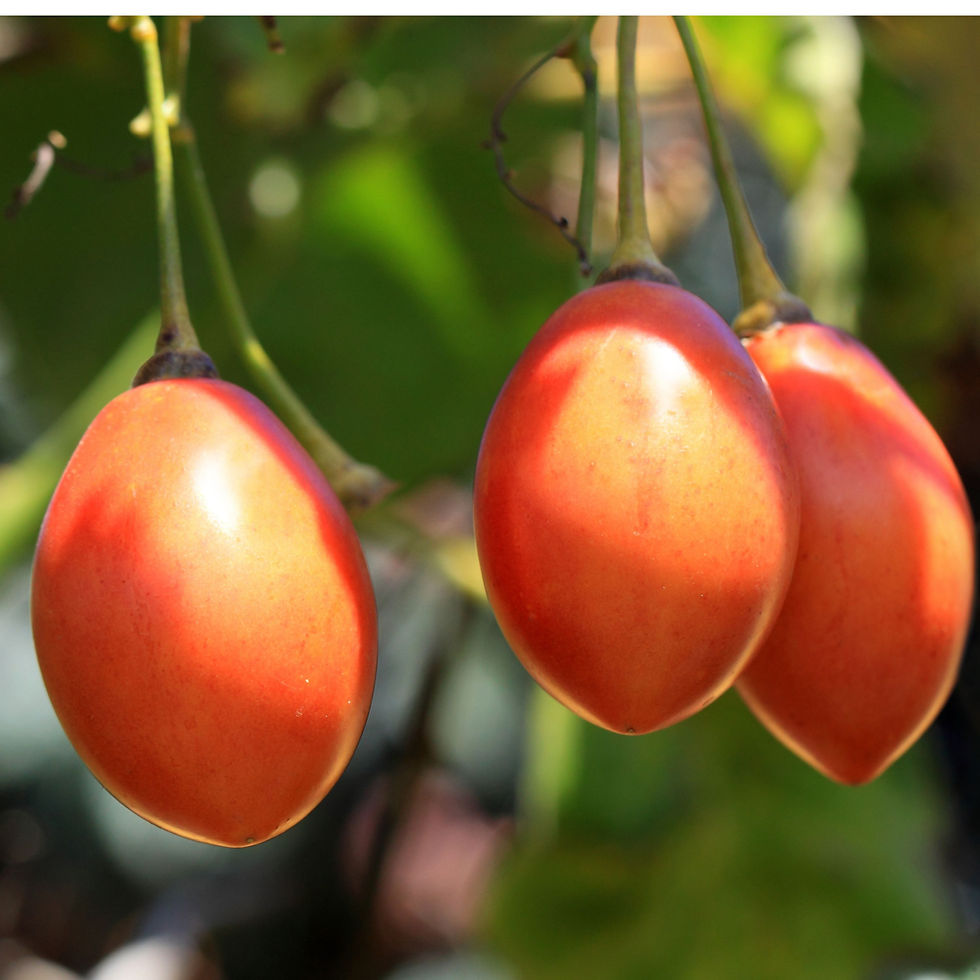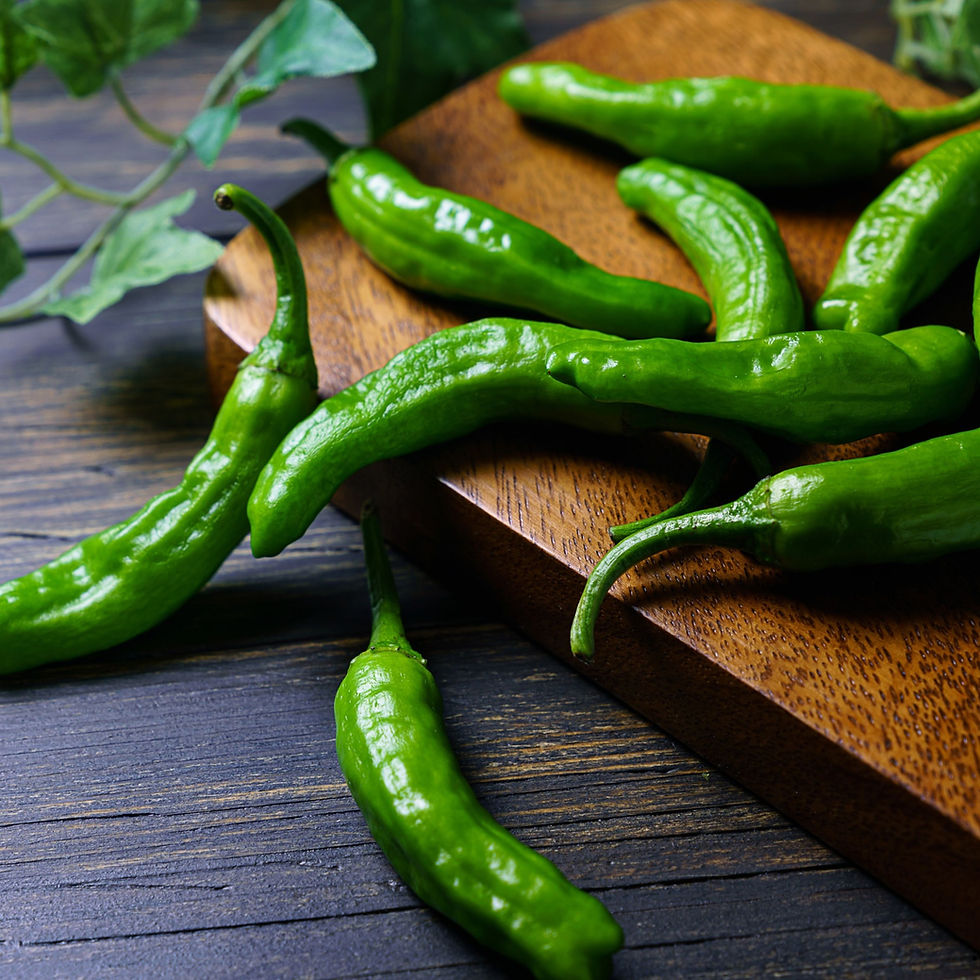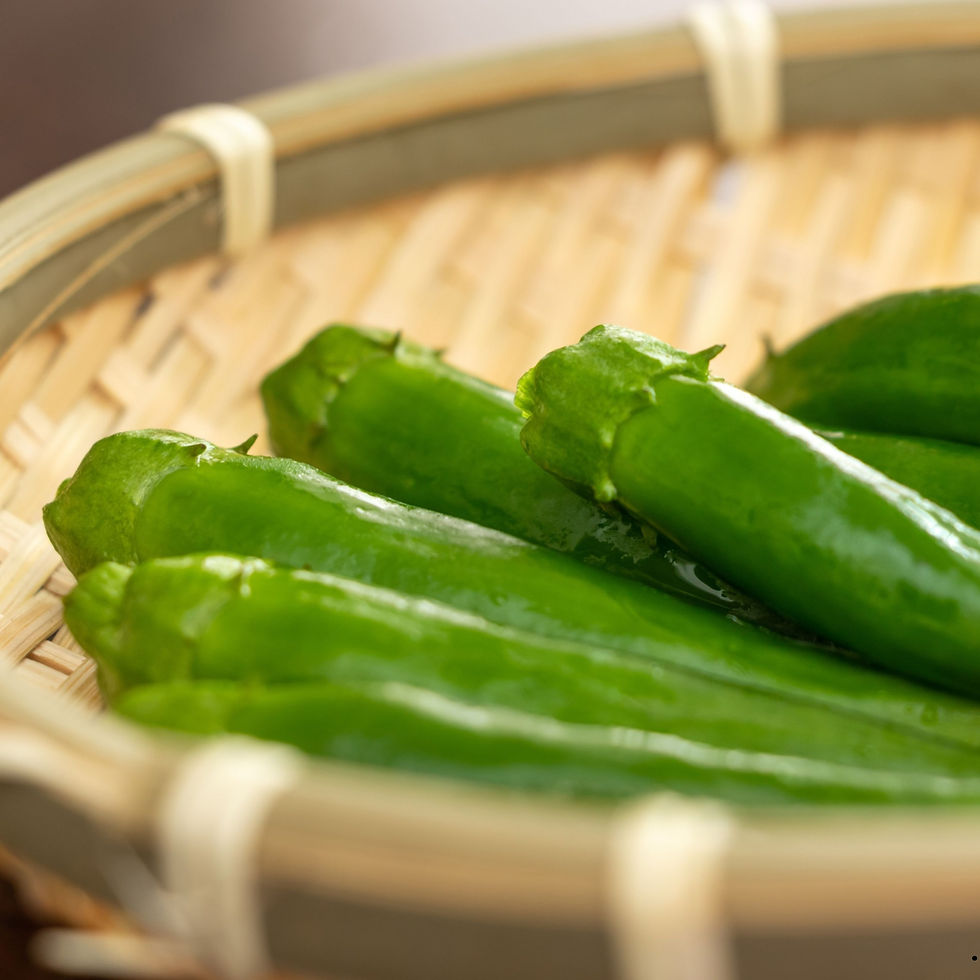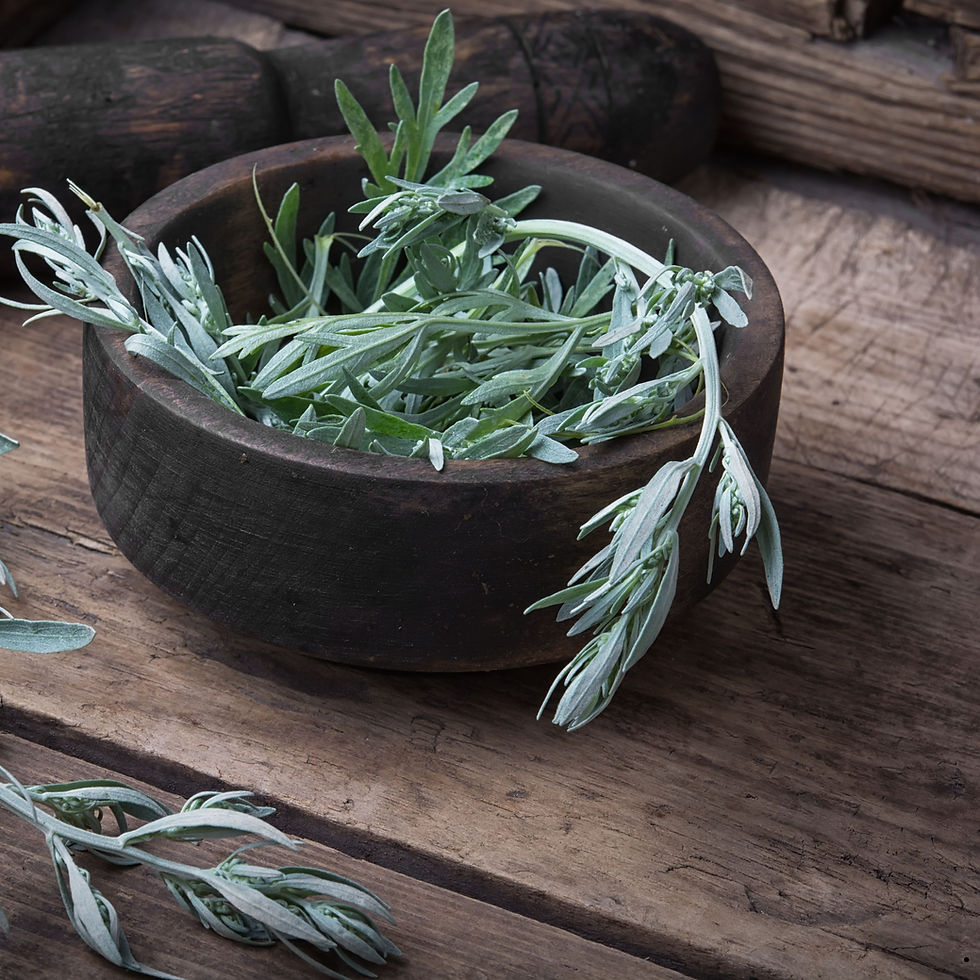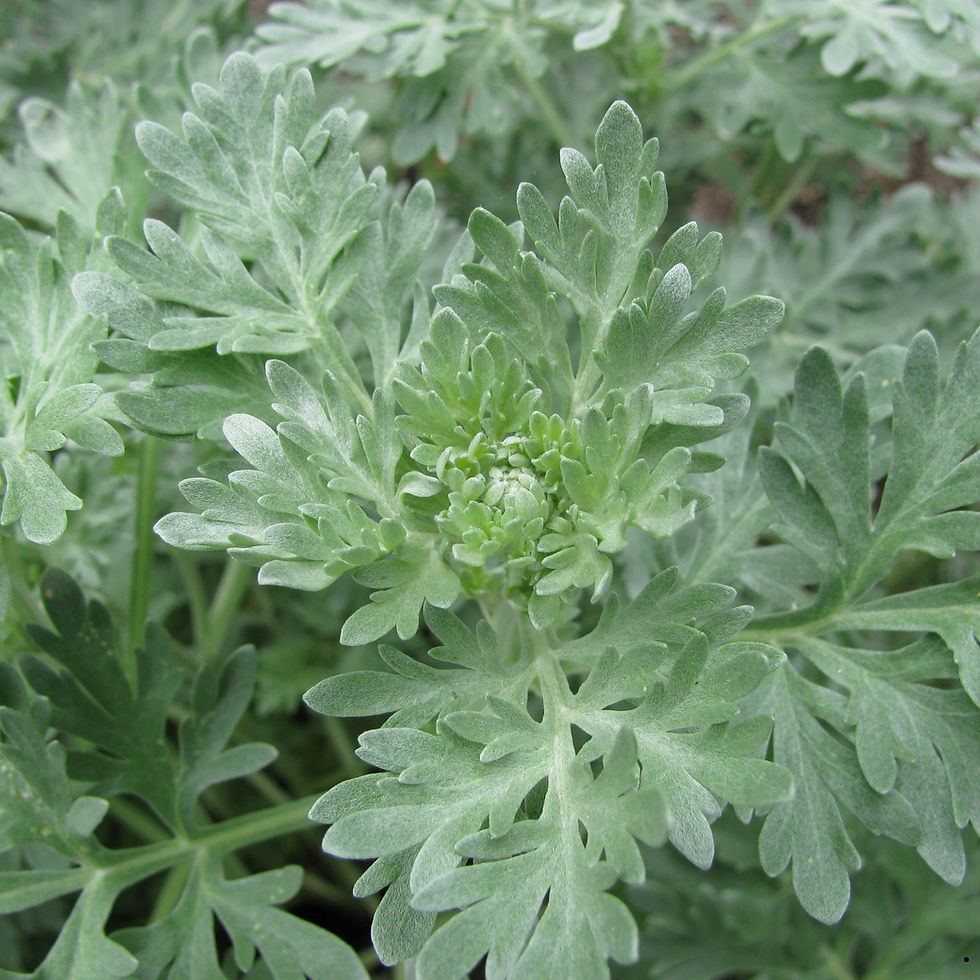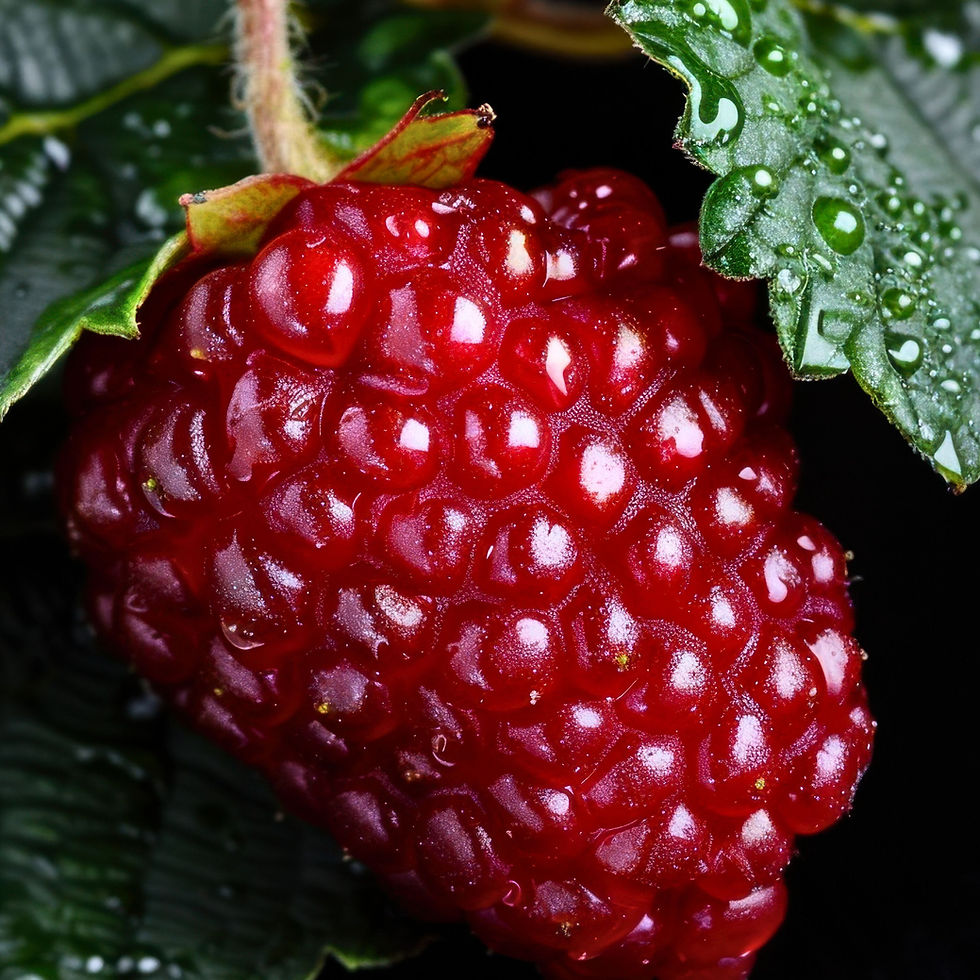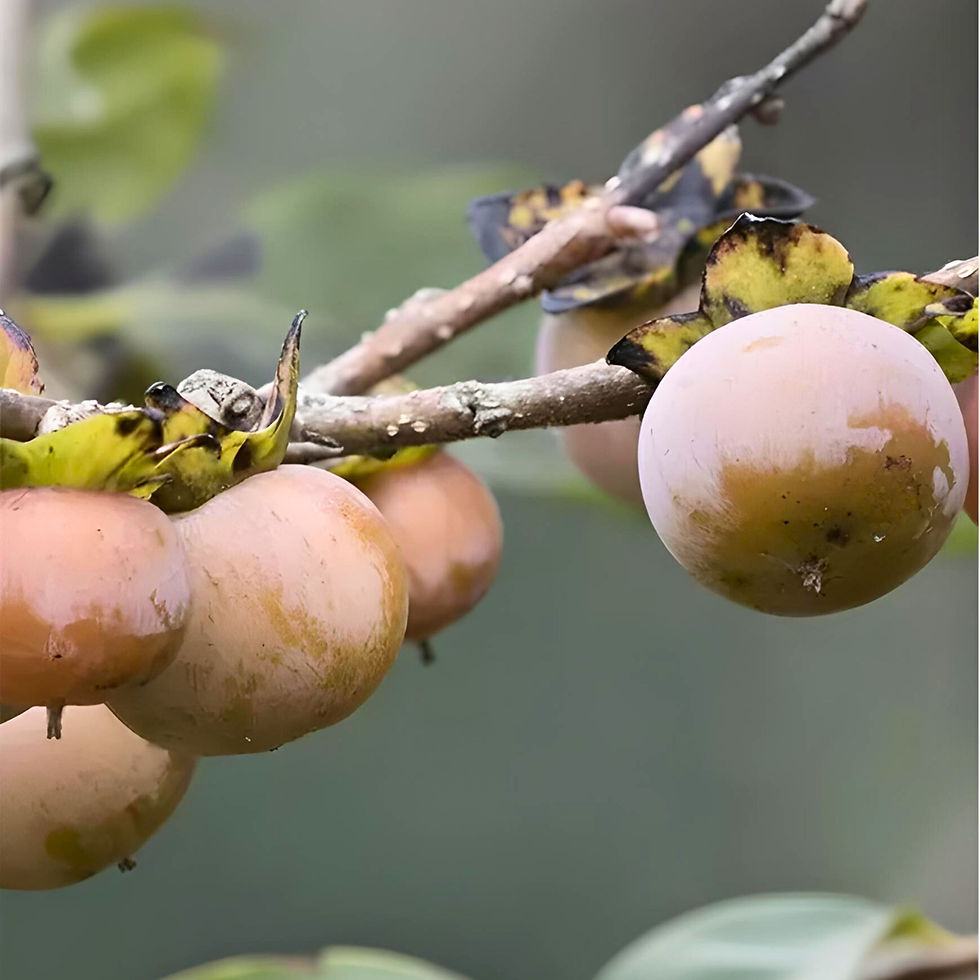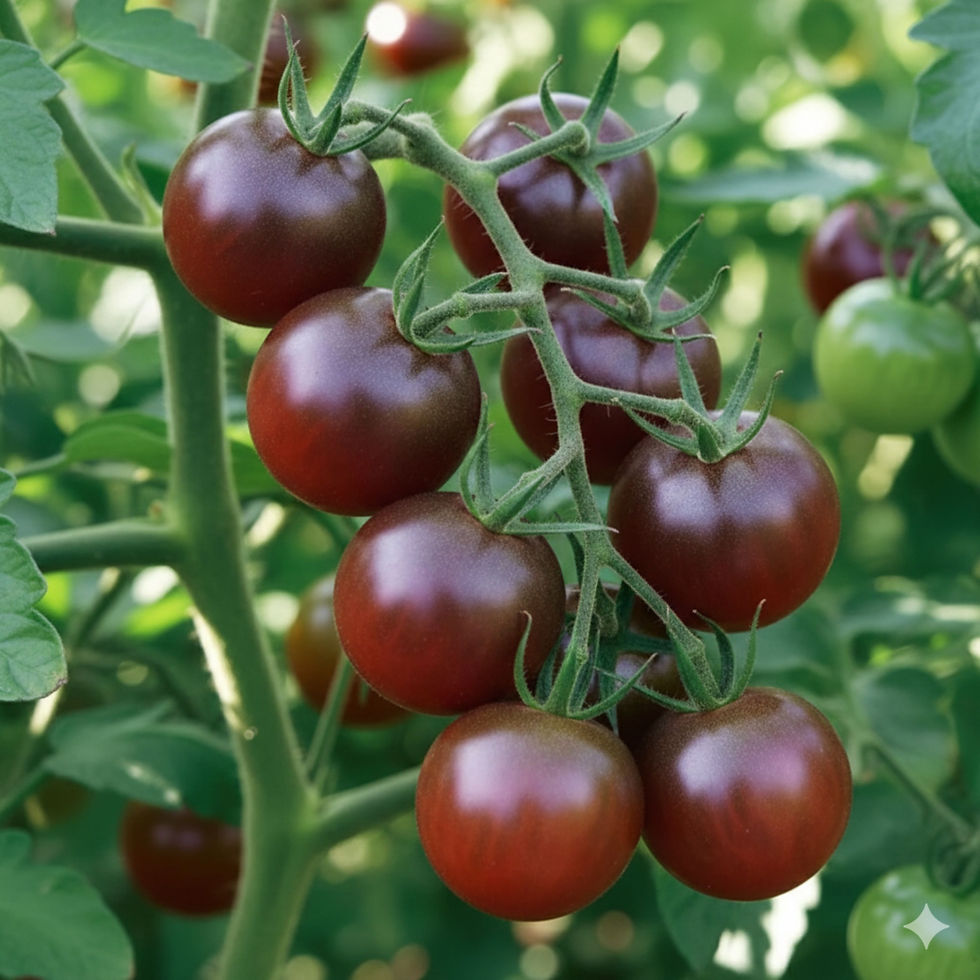Aji Amarillo Chili seeds
One taste whisks you away to Peru where a symphony of exclusive dishes comes to mind. There are 2 different types of Aji Amarillo. In Peru where a family member is from, the chilis are medium-sized, slender but bulky in the center, and a yellow-gold color. The second type is a long slender chili with the same flavor and color. This is the smaller variety, each chili will grow to an average length of 1.5 -2 inches. (We do carry the bigger seed variety).
These chilis have a very unique flavor. We hadn't tried it until he made Peruvian dishes, including aji de gallina, Causa de Pollo, Lomo Soldado, etc. The chili has a little heat, not much, but just the right amount. There is a slightly fruity, smoky, earthy flavor that is definitely more savory than sweet.
Whenever folks wonder what makes Peruvian food so amazing and what's the secret, this is it. This can be used in dishes, to make aji cream dip for fried yucca fries (they're better than french fries, seriously!), to make your own hot sauce, or dry/freeze them and use them as needed.
Seed count:15
Capsicum baccatum











